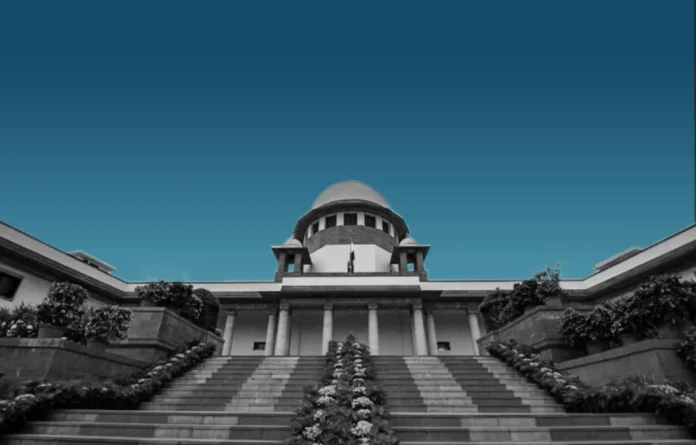The Supreme Court on Wednesday granted bail to SRS Group chairperson Anil Jindal, accused in an alleged fraud case worth Rs 770 crore, which was probed by the Serious Fraud Investigation Office.
The Bench of Chief Justice Sanjiv Khanna and Justice Sanjay Kumar granted bail to Jindal on the grounds of long incarceration (more than six years) and the fact that trial in the case was yet to commence.
Noting the gravity of the offence, the Bench observed that in case of conviction, Jindal may be granted a 10-year jail term in the case.
The Apex Court directed Jindal to surrender his passport with the trial court and provide his contact numbers to the SFIO so that his whereabouts could be ascertained by the investigating officers.
The accused was further ordered to provide details of immovable properties and bank accounts, held individually and jointly, to the trial court. He was further asked to inform the trial court, in case he opened a fresh bank account and not to alienate his properties.
The top court of the country, while directing the trial court to fast-track the proceedings, said the latter would be free to impose any other bail condition.
Earlier, the Apex Court had issued notice to the SFIO on Jindal’s petition, while expressing reservations over the scale of the alleged fraud. The Bench had earlier remarked that the trial may take 20 years to conclude.
Appearing for Jindal, Senior Advocate Maninder Singh argued that the maximum sentence under Section 447 of the Companies Act, 2013, which dealt with the punishment for fraud against a company and fraud, including any act, omission, concealment of any fact, or abuse of position committed with intent to deceive, to gain undue advantage from or to injure the interests of the company, was 10 years.
On April 30, 2024, the Punjab and Haryana High Court had set aside the trial court order in the case, which granted bail to the accused.
As per SFIO, the SRS Group fabricated balance sheets & financial documents and made fraudulent representations to banks to obtain credit facilities. The company was further accused of diverting and siphoning off funds received as loans from banks and financial institutions.
Jindal was accused of orchestrating the alleged activities, including procurement of loans through false documentation and overseeing financial misrepresentation.


